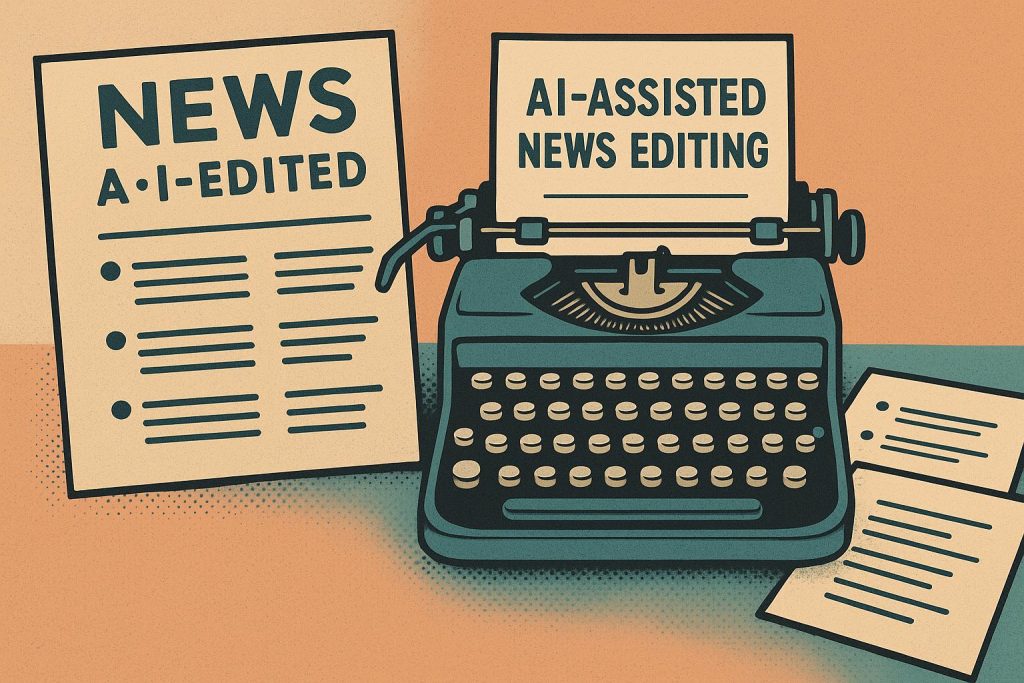The BBC has launched two public pilots using generative AI to support its newsroom operations, part of a broader push to explore how artificial intelligence can help with news production while maintaining editorial control and transparency.
The first pilot uses AI to generate bullet-point summaries of longer articles. These “At a glance” summaries are designed to give readers – particularly younger audiences – a quick and accessible way to grasp the main points of a story. Journalists generate the summary using a standard prompt, then review and edit the result before publication.
“Short, scannable bullet-point summaries have proven popular with readers,” said Rhodri Talfan Davies, the BBC’s executive sponsor of generative AI, who announced the pilots. “We’re going to look at whether adding an AI-assisted bullet point summary box on selected articles helps us engage readers and make complex stories more accessible.”
Many publishers in the US and Europe have introduced summaries over the past year, with many reporting increased engagements with the longer articles from which they were drawn – despite many people expecting the opposite effect.
The second pilot, BBC Style Assist, is aimed at improving the speed and consistency with which stories from the Local Democracy Reporting Service (LDRS) are published. The LDRS supplies hundreds of local news stories to the BBC every day, but adapting them to BBC house style is time-consuming. The Style Assist tool, developed by the BBC’s research and development team, uses a custom language model trained on thousands of BBC articles to reformat stories quickly and consistently. A senior journalist then reviews each one before it is published.
“In line with our AI principles, nothing is published without being checked first by a BBC journalist,” said Davies. “The AI tool has no role in creating the original story – which has been researched and written by our LDRS partners.”
The Style Assist trial is being tested by news teams in Wales and the east of England. The BBC said it would assess whether the tool improves efficiency and allows more local stories to be published.
Both pilots are part of a cautious, transparency-first approach to AI. Any future rollout, said Davies, “will depend entirely on the results of these tests and ongoing engagement with editorial teams.”
Get in Touch
Looking for tailored content like this?
Whether you’re targeting a local audience or scaling content production with AI, our team can deliver high-quality, automated news and articles designed to match your goals. Get in touch to explore how we can help.
© 2026 NewsCaaSLab. All Rights Reserved.





